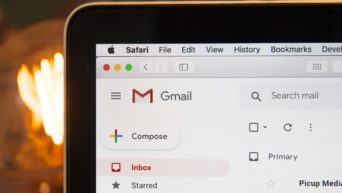Internet scams have become pretty common these days. There are multitudes of ways through which hackers and scammers try to get hold of your pc. One of the most used techniques these days is that of malware. The term malware simply applies to viruses that are sent out throughout the internet via email. Today, despite of the awareness that has been spread about malware and viruses, many people end up being the victim of such things. These are the people who do not realize that clicking on a single link may cause all of their data to be at a very high risk. This is why you need to be aware of internet scams which are running throughout the internet not just in the form of malware but identity theft etc as well. Speaking particularly about malware, it is almost impossible for you to know all the kinds that are going around because of the simple fact that there are thousands of them and one type of scam may have 100’s of variations. Although, you should know that the one goal for such malware is to get a hold of your private information so that they can use it to their advantage.
One internet scam which is quite common is that of the Nigerian scam which has claimed the sensitive information of thousands if not millions of people. This is the kind of scam which convinces you in such a way that you end up giving them your bank account or credit card details. Other than this, there are many more which will first take your information and then get into your computer as well and may even record your activities to use them at a later time. The best way you can stay away from any such online scams is to make sure to get rid of them completely. Because this is the one thing which will bring a lot of damage to your personal and professional life, you need to avoid them entirely. Given below are a couple of tips that can help you to steer clear of all malware that may harm your computer.
- These scams are mostly too good to be true. Do not fall victim to emails that say you can get a discount or win an iPhone or TV if you simply click on the link in the email.
- Just because it says the email is from someone you know doesn’t necessarily mean that it is. Remember that times have changed and these days most of the malware that are spreading look like they have been sent from someone in your list.
- Don’t click on links, period! Even if the email seems legitimate, it is a bad idea to click on links that have been sent through the email. Also, remember that your bank or credit card company would never send sensitive information through an email and so you shouldn’t click on something that you think has been sent by a bank.
- Such malicious malware mostly have very attention grabbing subject headings such as ‘get rich instantly’ or ‘click on the link, your prize is waiting’, but remember that these are scams and won’t get you a penny.































